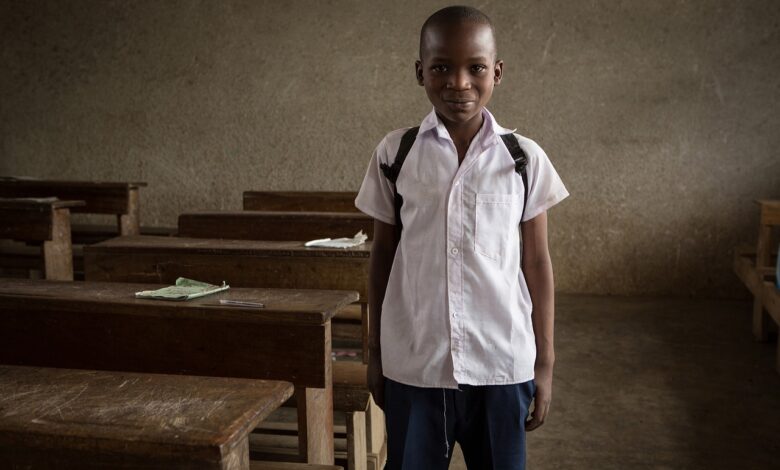Language Requirements for Studying in Belgium

Belgium’s unique linguistic landscape, with its three official languages—Dutch (Flemish), French, and German—makes it a fascinating destination for international students. However, this multilingual environment also means that language requirements can vary significantly depending on the region, institution, and program of study. Below is a comprehensive guide to understanding the language requirements for studying in Belgium.
1. Language Regions in Belgium
Belgium is divided into three linguistic regions, each with its own primary language:
- Flanders (Northern Belgium): Dutch (Flemish) is the dominant language.
- Wallonia (Southern Belgium): French is the primary language.
- Brussels-Capital Region: Bilingual (French and Dutch), though French is more widely spoken.
The language of instruction at universities and colleges typically aligns with the region’s dominant language, but many programs are also offered in English, especially at the master’s level.
2. Language Requirements by Program Type
a. Programs Taught in Dutch
- Who Should Apply: Students interested in institutions like KU Leuven, Ghent University, or Antwerp University, which offer many undergraduate programs in Dutch.
- Language Proficiency Tests:
- CNaVT (Certificaat Nederlands als Vreemde Taal): A recognized certification for Dutch proficiency.
- NT2 (Staatsexamen Nederlands als Tweede Taal): Required for some programs.
- Minimum levels typically range from B2 to C1 on the Common European Framework of Reference for Languages (CEFR).
- Preparatory Courses: Many universities offer intensive Dutch courses for international students who need to improve their language skills before starting their degree.
b. Programs Taught in French
- Who Should Apply: Students applying to institutions in Wallonia, such as the Université catholique de Louvain (UCLouvain) or Université de Liège, where many programs are taught in French.
- Language Proficiency Tests:
- DELF/DALF (Diplôme d’Études en Langue Française/Diplôme Approfondi de Langue Française): Widely accepted certifications.
- Minimum levels usually range from B2 to C1 on the CEFR.
- Preparatory Courses: Some universities provide French-language preparation programs for non-native speakers.
c. Programs Taught in English
- Who Should Apply: International students who prefer studying in English, particularly at the master’s or doctoral level. Many universities in Brussels, Flanders, and Wallonia offer English-taught programs to attract global talent.
- Language Proficiency Tests:
- IELTS: A minimum score of 6.5–7.0 is typically required.
- TOEFL iBT: Scores usually range from 90–100 .
- Some institutions may accept alternative tests like Cambridge English exams (e.g., CAE or CPE).
- Note: Even if your program is taught in English, basic knowledge of Dutch or French may be beneficial for daily life, especially outside major cities.
3. Language Requirements for Specific Levels of Study
a. Bachelor’s Programs
- Most bachelor’s programs in Flanders are taught in Dutch, while those in Wallonia are primarily in French. As a result, strong proficiency in the local language is often mandatory.
- For English-taught programs, proof of English proficiency is required, but additional language courses in Dutch or French may still be part of the curriculum.
b. Master’s Programs
- Many master’s programs, especially in fields like business, engineering, and sciences, are offered in English to accommodate international students.
- While English proficiency is essential, some programs may require basic knowledge of the local language (e.g., introductory Dutch or French courses).
c. PhD Programs
- PhD candidates typically conduct research in English, but communication with supervisors or participation in seminars might require knowledge of the local language.
- Language requirements are less stringent compared to undergraduate and master’s programs.
4. Language Preparation Options
If you don’t meet the language requirements for your chosen program, several options are available:
a. Intensive Language Courses
- Many universities offer preparatory language courses for incoming students. These courses focus on academic language skills and cultural adaptation.
- Examples include:
- KU Leuven’s Dutch Language Course
- UCLouvain’s French Language Program
- Vrije Universiteit Brussel’s English Preparation Courses
b. Online Learning Platforms
- Platforms like Duolingo, Babbel, or iTalki can help you build foundational skills in Dutch or French before arriving in Belgium.
- Official resources like the Goethe-Institut (for German) or Alliance Française (for French) are also useful.
c. Scholarships for Language Study
- Some scholarships, such as those offered by the Belgian government or Erasmus+ programs, include funding for language preparation courses.
5. Practical Tips for Meeting Language Requirements
a. Start Early
- Begin learning the relevant language well in advance of your application deadline. Achieving B2 or C1 proficiency takes time and dedication.
b. Check Institutional Policies
- Each university has its own language policies, so review the specific requirements for your chosen program carefully.
c. Combine Language Learning with Cultural Immersion
- Watching Belgian TV shows, listening to podcasts, or practicing with native speakers can enhance your language skills and cultural understanding.
d. Consider English-Taught Programs
- If you’re not confident in your Dutch or French abilities, opt for an English-taught program and gradually learn the local language during your studies.
6. Frequently Asked Questions (FAQs)
Q: Can I study in Belgium without knowing Dutch or French?
A: Yes, many programs, especially at the master’s and PhD levels, are taught in English. However, learning basic Dutch or French will greatly enhance your experience and make daily life easier.
Q: Are there exemptions for language requirements?
A: Some institutions may waive language requirements if you’ve completed prior education in the required language or have significant professional experience. Check with your university for details.
Q: Do I need to speak German to study in Belgium?
A: No, German is only relevant in the small German-speaking community in eastern Belgium. Most universities do not require German proficiency unless you’re specifically studying in that region.
Q: What if my language test score expires before enrollment?
A: Language test scores (e.g., IELTS, TOEFL) are valid for two years. Plan your testing schedule accordingly to ensure your results remain valid until you start your program.



